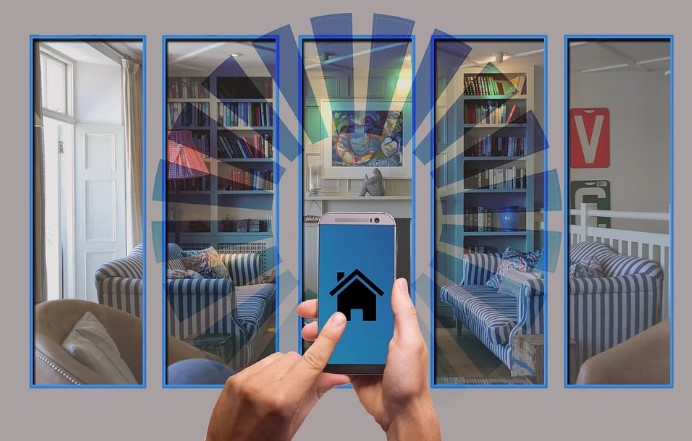Until a few years ago, the internet belonged only to people, and now we can find the internet in everyday objects; nowadays many of our things can be interconnected through the internet, such as bracelets that collect information from our bodies and transmit it continuously to the medical center, glasses with which we can talk, intelligent bottles that content pills and notify the medical staff whether or not the patient took his treatment at the indicated time, among other intelligent objects.
This technology is known as IOT (Internet of Things), its objective is to interconnect objects by incorporating a minicomputer to connect them to the network, and so transmit the collected data to a cloud where the information can be used for a certain purpose, following we will know seven characteristics of the Internet of Things.
Privacy
When using these intelligent objects, it is important to review what type of applications it has installed, we can configure what type of information we want to be transmitted to the cloud, this way, we will prevent conversations or personal images from being transmitted from home to people who may infiltrate the network.
Security
We must take into account that the data collected by these intelligent objects would be sent to a cloud, and from there they will be analyzed; if a company has all its computers connected to an Internet network, it can be known if those machines are in the right place, fulfilling the designated function and if the results it is transmitting are the expected ones.
Visibility
As the years have passed since this technology became known, the devices that collect the information have become less and less, as is the case with chips that are incorporated to the body to transmit information to the medical centers, sensors embedded in ceilings or walls, as well as sensors on farms.
Information
The information collected by these microcomputers is large in volume and is much more efficient than traditional data collection, in addition, it is not only the volume of data collected, but it is also about the variety of data, as is the case with wristbands, collect information about the heart rate, body temperature and the number of exercises the person has done at a certain time, among other types of data.
Applications
The objects can have different applications installed these depend on the use we want to give, as, in the case of the intelligent refrigerators, this has the ability to scan the interior of the refrigerator and send the request to buy the item is needed; on the other hand, the internet on trucks, analyze the fuel values of the truck as well as its mechanic state and send the data to the maintenance personnel; the most used of all the objects are the intelligent telephones, with the applications that we want, to learn, games, books, courses and applications to make purchases that are currently widely used during the pandemic as we explained in our previous article entitled Major consumer changes in the post- Covid-19 era.
Information collected
If we ask ourselves how important the information sent to the cloud can be, the information collected by the car´s sensors and the GPS can be useful for other users, if the car falls into a pothole, the information that the GPS can send is the location of that pothole so that other users of that road can benefit from that information.
Benefits
This type of devices or minicomputers that transmit information to the clouds, help us to find solutions to problems, help us in the area of health, agriculture, home security, maintenance of places where the temperature can affect the assets, thanks to sending the information to the right staff.
What do you think about this topic? What benefits have this technology given to you?
If you want to know more about this you can contact us or write your query at the bottom (comments section).
Image of geralt via Pixabay.com under Creative Commons license.
